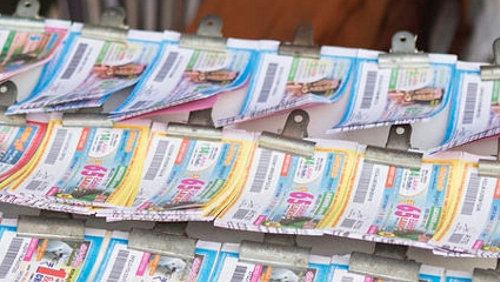Indian lottery operators are hoping for some tax relief in 2019. Glaws.in reports that the GST council, a body of representatives from various levels of government, will meet on January 10 to consider reducing the current Goods and Services Tax (GST) on lotteries.
 The current GST rate for lotteries has been a matter of debate for quite some time. State-run lotteries are charged as 12% tax on the face value of the ticket; however, private distributors are charged the much higher number of 28%. This elevated rate strangles operators, and they fear it may inevitably lead to their closure.
The current GST rate for lotteries has been a matter of debate for quite some time. State-run lotteries are charged as 12% tax on the face value of the ticket; however, private distributors are charged the much higher number of 28%. This elevated rate strangles operators, and they fear it may inevitably lead to their closure.
The tax rate has been enough to cause legal battles. In October, the Calcutta High Court settled a case where M/s. Teesta Distributors argued they should be exempted from GST, arguing that lottery tickets could not be defined as a goods or service. The court decided otherwise.
As is the case whenever government regulation and taxes are too much to bear, the action has been driven underground. Several lottery operators have been accused and raided for potential tax evasion. To evade the tax, operators were using hand written tickets rather than official printed ones.
The GST council will have to take all of this into account when discussing the current and future tax regime. Indians clearly want to gamble, and operators want to provide the service. If the government can’t provide better regulation, or get out of their own way and set a reasonable tax rate for the activity, the private sector and gamblers will have little choice but to operate in the shadows. That’s no good for the government, businesses, or the people.
The GST council would be wise to take the spirit of Justice Ravi Shankar Prasad’s advice, given last month to the upper house of Parliament. If they can’t ensure a tax rate that is fair to operators, meaning one they are capable and willing to pay, then they won’t be discouraging the activity through high taxation; they’ll only be discouraging the legal practice of it.